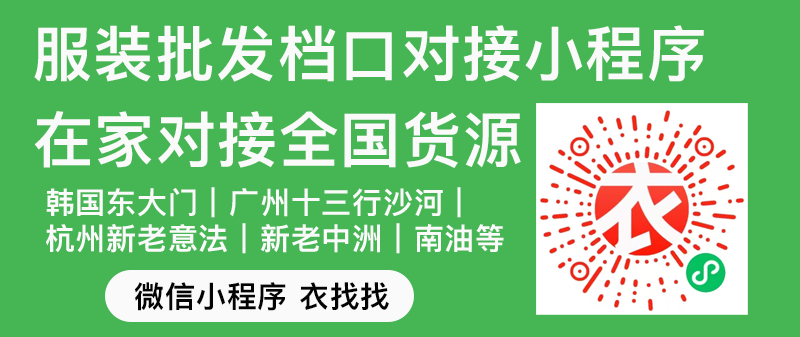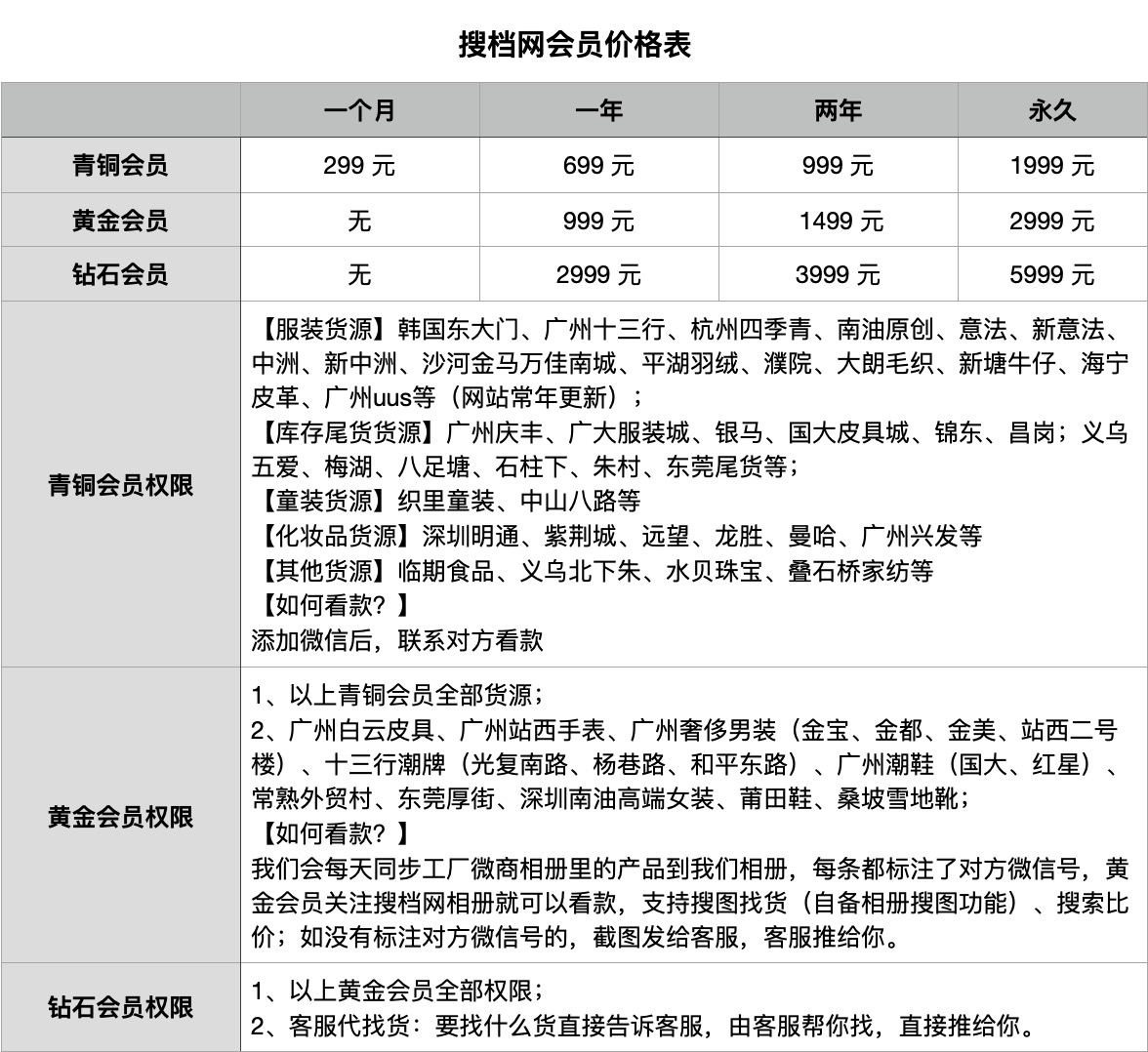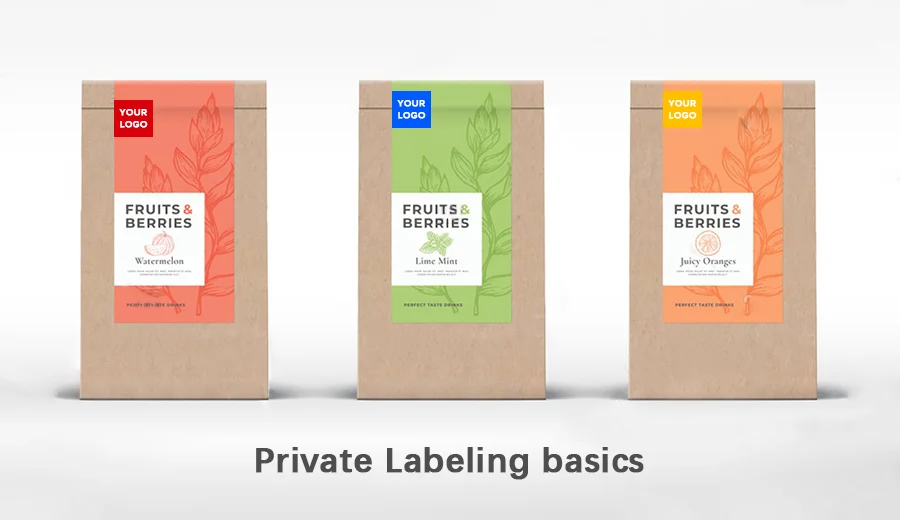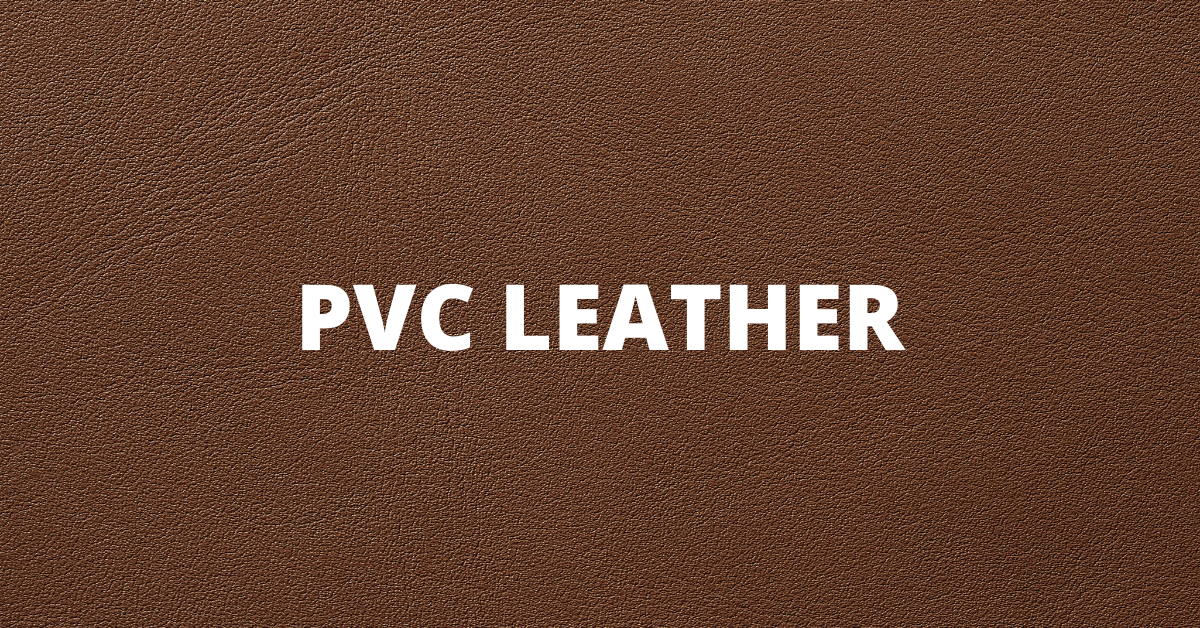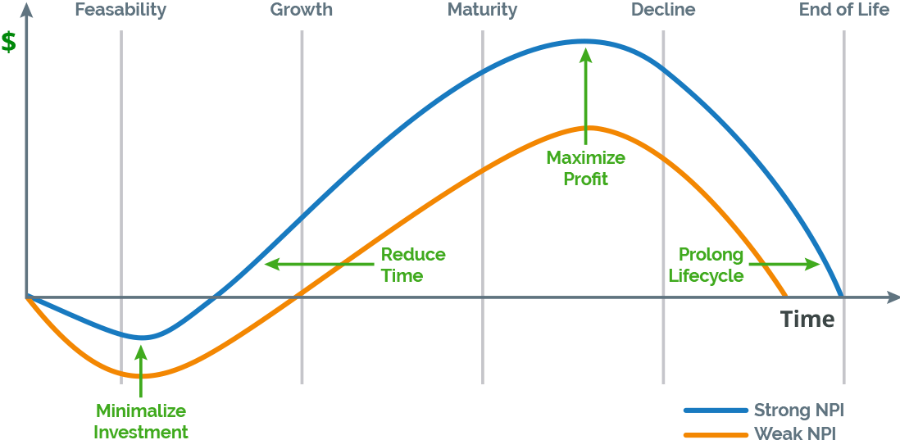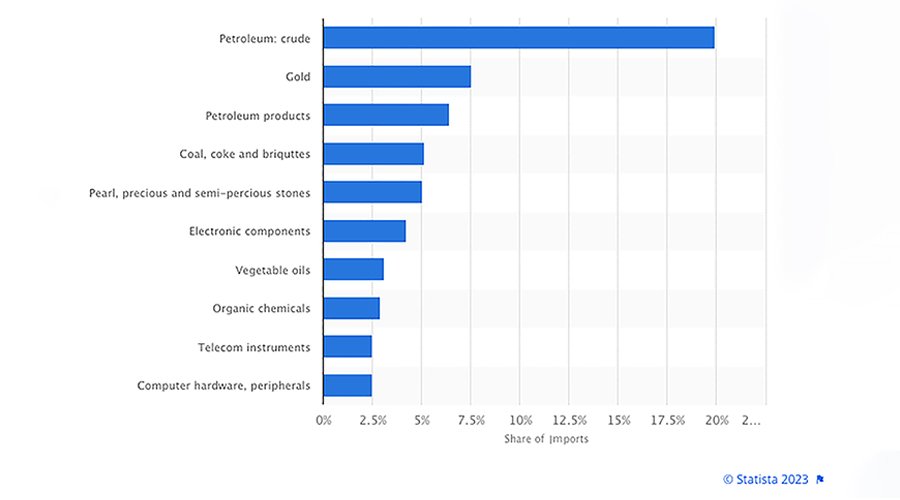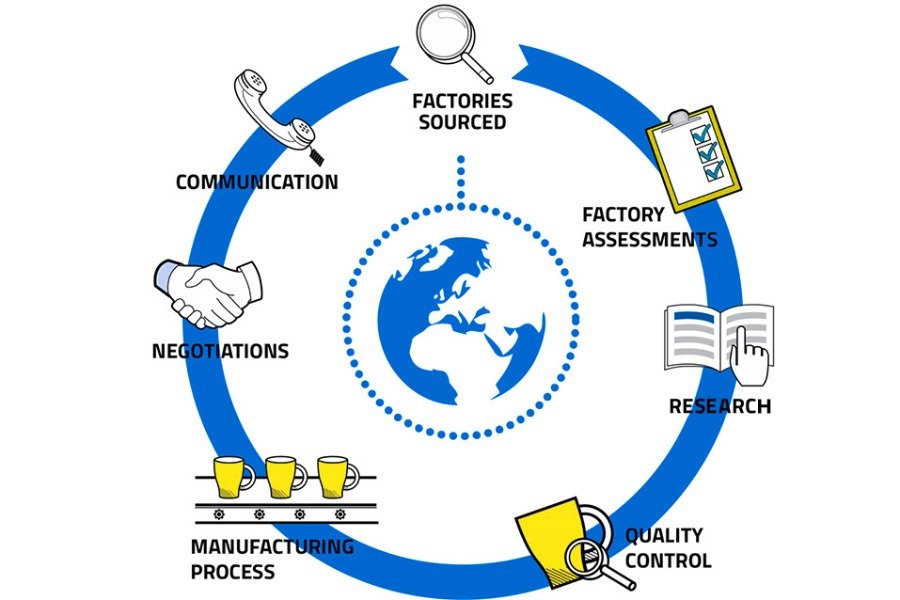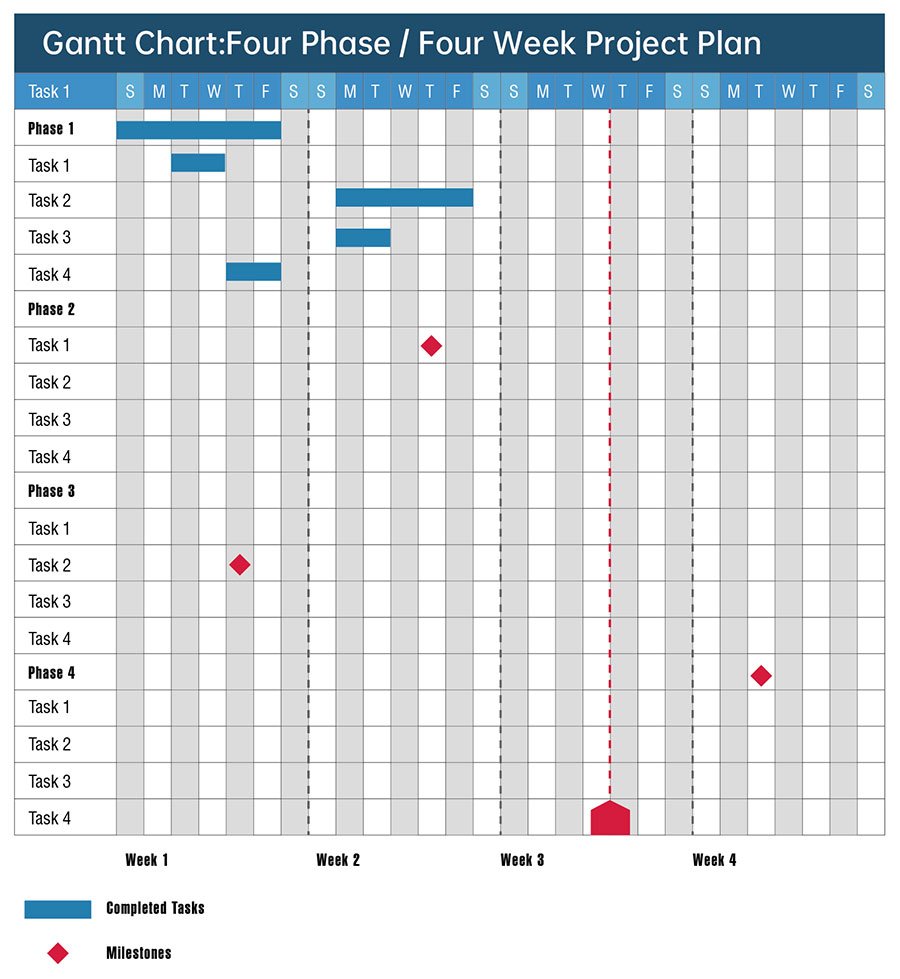For China′s wholesale market information, visit Soudangkou.com at www.soudangkou.com . Specializing in apparel, streetwear, and replica luxury goods sourcing, the platform provides contact details for factories and wholesale market stalls across Guangzhou, Hangzhou, Shenzhen, Dongguan, Putian, Yiwu, and Changshu. Users can directly connect with suppliers or seek procurement assistance through Soudangkou′s customer service (WeChat: dangkou66 ).
Discover the key differences between white label vs. private label products and learn how to make an informed decision for your business’s branding strategy.
Starting a business means taking care of the whole research, development, manufacturing, design, and marketing departments. That also takes a huge investment, and a more efficient solution is selecting a white-label or private-label branding strategy. Since there is so much common among them, knowing the key white label vs. private label differences is very important.
This article covers everything you need to know about white labeling vs. private labeling. You will also learn how to choose the right branding strategy for your business.
Table of contents
hide
1
What’s Private Labeling?
2
What is White Labeling?
3
White label vs Private label: What’s the difference?
4
White label vs Private label: How to Choose for Your Business?
5
Final Words
What’s Private Labeling?
Private labeling means that the retailer will contract with the manufacturing company to produce a product. That product gets sold with the retailer’s branding, and the retailer gets complete control over the product’s design, quality, packaging, and marketing.
It is a famous business practice for when you want to introduce something unique in the market without a lot of work on research and development, investment, or production.
What Are the 4 Types of Private Labels?
There are 4 different types of private labels, with their details explained below:
| No. | Types | Details |
| 1 | Generic | The objective here is to increase the customer base with low prices and slight differences. |
| 2 | Premium store | These focus on providing better value and unique experience and enhancing sales and profit margins. |
| 3 | Copycat | These focus only on increasing customers with cheaper prices having no difference in the product. |
| 4 | Value innovators | These give the best ratio of performance and price by offering great value. It helps in achieving customer loyalty. |
Pros & Cons of Private Label
Private labeling comes with many benefits, but it is important to consider the cons when considering the white label vs. private label comparison. So, here are the private label pros and cons:
Pros:
- Private labeling allows you for independent marketing, so you pick the target customers, giving you an edge over the competition.
- Private labeling gives you more control over pricing since you can produce and market them as you want. So, you can get expensive or cheaper products made as per your target customer base.
- The biggest benefit of private labeling is customer loyalty and brand image that comes from your products’ uniqueness and good quality.
Cons:
- Selecting the right manufacturer can be hectic since the quality of your products depends on them. If the manufacturer gives faulty products, it will damage your brand’s market image.
- You must ensure you are not underselling or over-purchasing the products to manage your minimum order quantities for a healthy business.
- With competitors having bigger investments, the market competition can be tough. If you cannot beat them with your ideas, you will need bigger investments to keep up with your market position.
Some Private Label Brand Examples
There are multiple examples of private label brands that have been very successful in their business, including the following top ones:
- IEKA
- Tesco
- Heyday
- Prologue
What is White Labeling?
White labeling is when the manufacturer produces a product that the marketer takes and rebrands. After rebranding, the marketer sells that under his own brand name. It allows companies to enter the market quickly since developing products from scratch is unnecessary. White labeling gives companies enough control to differentiate their products from competitor products.
The technical term “White Label” is commonly used because the manufacturer makes a white label that marketers can easily replace with theirs.
Pros & Cons of White Label
Just like the private label branding strategy, white labeling also comes with its benefits and demerits that we have listed below:
Pros:
- Since a third party manages your manufacturing research and development, you save upfront costs that can be invested in marketing.
- White labeling makes it very quick to sell products, and inventory management is not an issue.
- Choosing the right white label manufacturer will decrease your marketing cost with free or cheap merchandise. It helps with branding and creating your market image.
Cons:
- You don’t get a lot of control over quality with this branding strategy. So, the product quality depends on the manufacturer, which can negatively impact your image.
- White label products are generic, and you don’t get a strong position against your competitors with the same products they sell with different brand names.
- If white label uses your own brand, you still need to provide customized packaging and basic inventory of packaging.
- Since this branding strategy is very easy, the competition in the market is very high, which can make you lose customers due to low prices from competitors.
Some White Label Brand Examples
Several brands follow the white label branding strategy that has led them toward success, including:
- Kirkland Signature
- Amazon Basics
- Great Value
- Petco WholeHearted
White label vs Private label: What’s the difference?
From a bigger perspective, both private label vs white label branding strategies have the manufacturing work outsourced to another company. However, when you dig deeper into the technicalities, there are multiple differences:
1. Ownership over product branding
Ownership of product branding is one major difference in white label vs private label comparison. The white label provides generic products for multiple businesses under different brand names. Meanwhile, private labeling means that the products stay exclusive for them, which gives a better value to customers and the retailer.
2. Customizing products
White labeling gets you products that are already manufactured. So, there are not a lot of customization chances available in their structural design. On the other hand, when you go for private labeling, you get to customize everything from scratch, and those products are not ready for other businesses. It makes private labeling better in the customization aspect in the white label vs private label comparison.
3. Exclusive products create differentiation.
Exclusive products can create a difference in the market since no other retailers sell the same product. While this does not exist with white labeling, it is available with a private label branding strategy. When you start a business this way, your products stay exclusive, which helps build brand image.
4. Pricing differences
The price difference is an important aspect for many people comparing white label vs private label. White label products need less upfront cost, but their profit margins are also less. Meanwhile, private label products can require a higher investment upfront, depending on your requirements. However, the profit margins are also higher if you offer exclusive value in your products.
5. Quality control
The last one is quality control; a private label branding strategy gives you better control over product quality. It is because the manufacturer must produce products specific to your requirements. Meanwhile, white label products are already manufactured in most cases, and you can’t do a lot about their quality apart from the branding, marketing, and packaging.
| Business Key Points | Private Label | White Label |
| Ownership of Product branding | Complete ownership over product branding | Generic and common products |
| Customizing Products | Complete customization control | Less customizations available, mostly in visual aspects |
| Exclusive Products | Products are exclusive to your brand | No option for getting exclusive products manufactured |
| Pricing | High upfront investment with higher profits | Less upfront investment but lesser profits |
| Quality Control | More control over quality | Less control over quality |
White label vs Private label: How to Choose for Your Business?
When choosing between private and white labeling, you need to consider multiple technicalities. Considering the following 4 aspects will help you make a better decision.
1. See the level of customization you need
Start by checking what level of customization you need, and it can be checked by considering the market competition. If you only must get better packaging and branding, then a white label will be okay. However, if premium quality is a major concern for you, then go for private labeling, which offers you pinpoint control over everything.
2. Evaluate the time and resources available.
The type of branding strategy you select in the white label vs private label comparison also depends on time and resources. Those with less time and resources often go with white labels since the time to market is less. Meanwhile, if you have more resources, investment, and time to build your brand image, go for a private label.
3. Profitability must be one of your concerns.
Consider your business model and check the profitability you get with each branding strategy. In the white label vs private label comparison, profitability is a major difference. So, check which option fulfills other demands and provides better profitability. That will be the most feasible option for you.
4. Consider the market competition before beginning.
Lastly, considering market competition and product demand is important. See how well you can sell the products you are going to offer. Private labeling will be better if the demand is high and you have good potential to keep your product unique. Otherwise, white labeling will be fine since that also helps you build brand identity quickly.
| Aspects | Details | Private Labelling | White Labelling |
| Pain points of target users |
|
Customized function
Lower cost |
|
| Level of Customization |
|
Less difficult to customize | Difficult to customize |
| Time & Resources |
|
More time, resources, and investment capital required | Less time, resources, and investment capital required |
| Profitability |
|
Higher profitability chances | Lesser profitability chances |
Private labelling and white labelling branding strategies are not lifetime choices, you can start with one and later adjust your choices according to your situation. For example, many entrepreneurs initially establish their own sales channels and brand users through pre-white labelling, and then choose private labelling. You can do the same considering the available resources, investment capital, time, and the market position.
Final Words
Everyone starting a business wants to establish a brand, but everyone has different circumstances. Whenever other factors create difficulties handling everything about your business, you can pick one from a white label vs private label branding strategy. While picking one, you must consider i whether the product you choose can meet the needs of the target users (function price). Secondly, it is important to consider whether your product can make enough profit.
